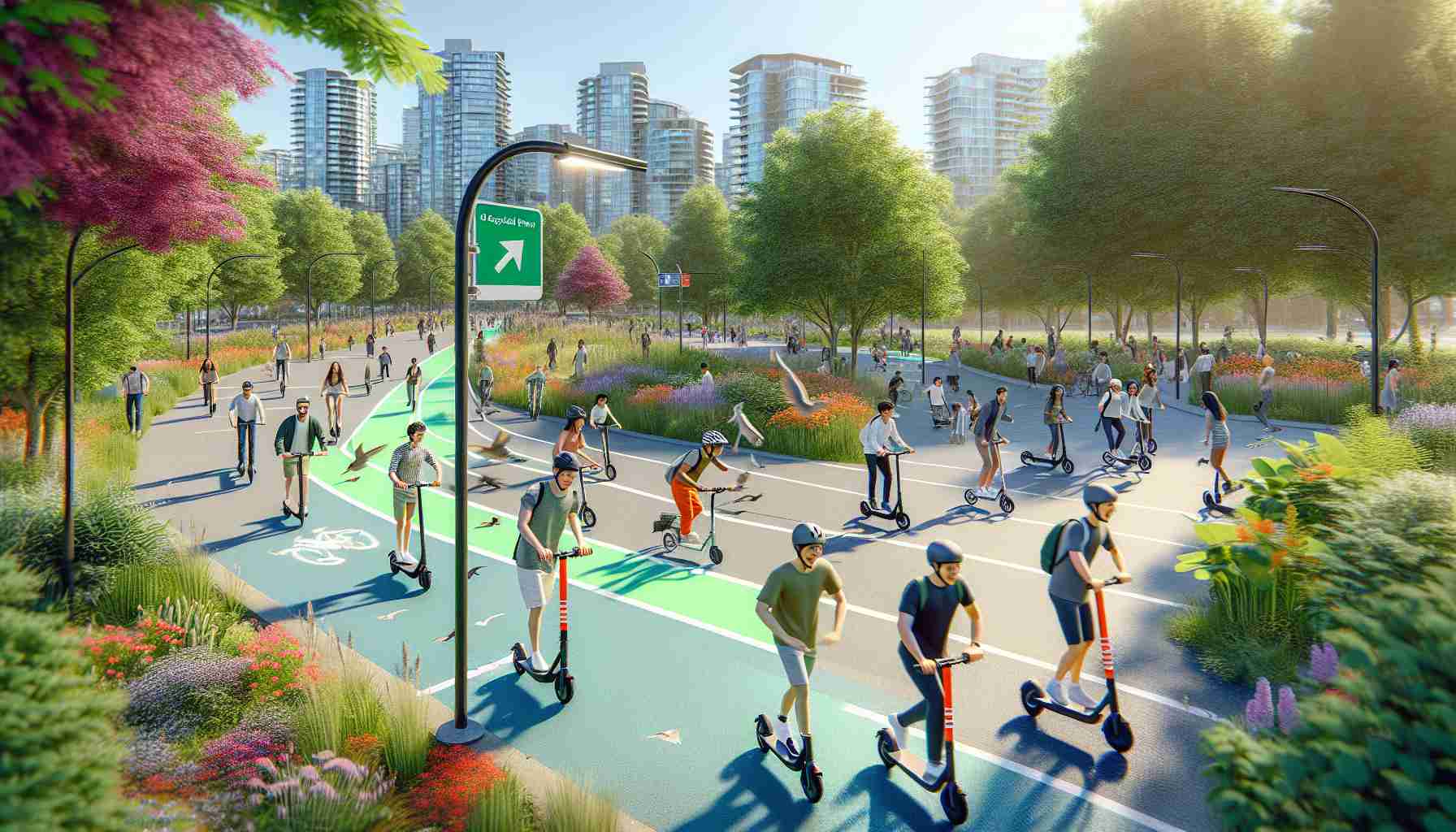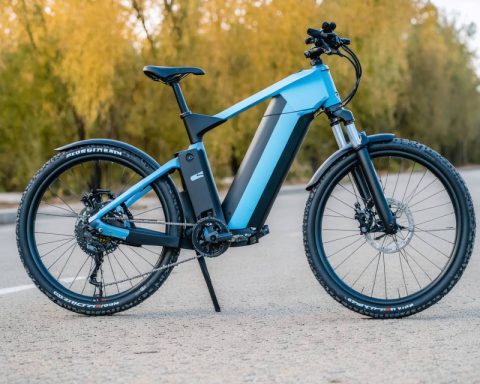The Vancouver Park Board has recently granted approval for the use of e-scooters and e-bikes on designated cycling paths. This decision comes as a response to the increasing popularity of these electric devices. While it is difficult to determine the exact number of users, park staff estimates a 25 percent growth in their usage from 2022 to 2023.
One concern raised during the board meeting was the potential overcrowding of the Stanley Park seawall due to the new rules. Commissioner Tom Digby voiced his thoughts on the matter, suggesting the reintroduction of the Stanley Park Drive bike lane. The temporary bike lane was removed last year as the park returned to pre-pandemic traffic levels. Despite e-bike users being allowed on Stanley Park Drive by city staff, Digby expressed concerns about their safety.
To address these concerns, it is crucial to ensure the safety of cyclists and users of electric devices. Vancouver cyclists have previously highlighted the strain on the city’s current cycling infrastructure, referring to it as “bursting at the seams.” The need to expand cycling spaces and create more protected bike lanes has been emphasized for accommodating the growing numbers of cyclists and e-device users.
Expanding the cycling infrastructure not only addresses concerns over overcrowding but also serves as a solution to traffic congestion and carbon emissions. With enhanced cycling infrastructure, it is expected that more individuals will opt for active transportation, thereby reducing the reliance on vehicles and promoting a greener city.
Although many people have already been using e-scooters and e-bikes on cycling paths, the recent bylaw change now makes it legal. However, it’s important to note that hoverboards are still not permitted on these paths.
With the approval of e-scooters and e-bikes on designated cycling paths, Vancouver takes a step towards creating a more inclusive and sustainable transportation system. It is a positive move that encourages individuals to embrace active transport while ensuring their safety on the city’s roads.
The decision by the Vancouver Park Board to approve the use of e-scooters and e-bikes on designated cycling paths reflects a growing trend in the transportation industry. The popularity of electric devices for commuting and recreational purposes has been steadily increasing, and this move by the Park Board acknowledges and accommodates this trend.
Market forecasts indicate that the demand for e-scooters and e-bikes will continue to grow in the coming years. With advancements in technology and increased awareness of the benefits of electric transportation, more individuals are expected to adopt these devices as a mode of transportation. This growth is predicted to be significant, with estimates of a 25 percent increase in usage from 2022 to 2023.
However, the introduction of these devices on cycling paths does raise some concerns. One issue that was discussed during the board meeting was the potential overcrowding of popular areas such as the Stanley Park seawall. Commissioner Tom Digby suggested the reintroduction of the Stanley Park Drive bike lane to alleviate potential congestion. This raises questions about the safety of e-bike users on shared roads, as the temporary bike lane was removed last year.
To address these concerns, it is important to prioritize the safety of cyclists and users of electric devices. This includes expanding the city’s cycling infrastructure and creating more protected bike lanes. Vancouver’s current cycling infrastructure has been described as “bursting at the seams” by cyclists, highlighting the need for additional space to accommodate the growing number of cyclists and e-device users.
Expanding the cycling infrastructure not only addresses concerns over overcrowding but also helps alleviate traffic congestion and reduce carbon emissions. By creating an environment that encourages active transportation, more individuals are likely to choose e-scooters and e-bikes over vehicles for their daily commuting needs. This shift towards greener transportation options will contribute to a more sustainable and environmentally friendly city.
It is worth noting that while e-scooters and e-bikes are now permitted on designated cycling paths, hoverboards are still not allowed. This distinction is important in ensuring the safety and compatibility of different electric devices on shared paths.
Overall, the approval of e-scooters and e-bikes on designated cycling paths in Vancouver is a positive step towards creating a more inclusive and sustainable transportation system. By embracing active transport and prioritizing the safety of users, the city is aligning itself with the growing trend of electric devices and promoting a greener future.







